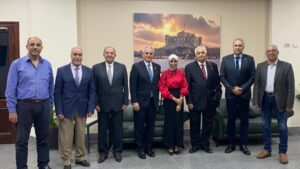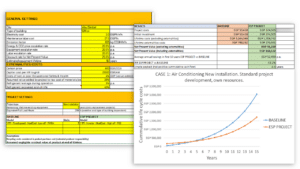In November 2023, UNEP U4E provided training to representatives of the Housing and Building National Research Center (HBRC) in Alexandria. The training focused on how sustainability criteria can be integrated into procurement processes in Egypt, building upon and supporting the country’s minimum energy performance standards for ducted and non-ducted air conditioners.
 The HBRC is an Egyptian agency affiliated with the Ministry of Housing, and is focused on research, development, and innovation in the fields of building, housing, and construction. The training was provided under the framework of the HCFC’s Phase-out Management Plan – Stage II (HPMP II) project in Egypt and supported Egypt’s commitment to reduce HCFCs under the Kigali Amendment to the Montreal Protocol. On ratifying the Amendment in August 2023, they committed to reducing 10% of the HFC consumption by 2029, and by more than 80% by 2045.
The HBRC is an Egyptian agency affiliated with the Ministry of Housing, and is focused on research, development, and innovation in the fields of building, housing, and construction. The training was provided under the framework of the HCFC’s Phase-out Management Plan – Stage II (HPMP II) project in Egypt and supported Egypt’s commitment to reduce HCFCs under the Kigali Amendment to the Montreal Protocol. On ratifying the Amendment in August 2023, they committed to reducing 10% of the HFC consumption by 2029, and by more than 80% by 2045.
The objective of the training was to introduce sustainable public procurement for air conditioners in the context of the Egyptian situation, in particular, the phase out of HCFC, and the eventual HFC phase down as part of Egypt’s commitment to the Montreal Protocol. It described the Egyptian regulations and energy labels for air conditioners and the key sustainability considerations, environment, social and economic, for their purchase. After providing an overview of Government procurement processes in Egypt, it went on to discuss how sustainability criteria can be integrated into these processes and introduced the UNEP U4E Sustainable Public Procurement tools
Sustainable public procurement is a process whereby public entities can meet their needs for goods, services, works and utilities in a way that achieves value for money on a whole life basis, generating benefits not only to the organisation, but also to society and the economy, whilst minimizing, and if possible, avoiding, damage to the environment.
UNEP U4E tools are designed to foster the integration of sustainable public procurement criteria and international regulatory, social and environmental best practices in the day-to-day purchasing activities of Government and public sector organisations.
The Sustainable Public Procurement Toolkit provides a comprehensive, structured framework for implementing a sustainable public procurement programme, with insights on regulatory, financial and technical considerations. This was described to the participants as part of the training and a tailored version of the supporting economic assessment spreadsheet was demonstrated.
 This spreadsheet was developed to help tenderers to make more informed decisions when comparing different bids. It provides information about the minimum efficiency requirements for the sustainable public procurement process and calculates the impact of a given bid in terms of both cost and emissions. It calculates the lifecycle costs of air conditioning units, and presents the results with various indicators, such as net present value, internal rate of return and simple payback.
This spreadsheet was developed to help tenderers to make more informed decisions when comparing different bids. It provides information about the minimum efficiency requirements for the sustainable public procurement process and calculates the impact of a given bid in terms of both cost and emissions. It calculates the lifecycle costs of air conditioning units, and presents the results with various indicators, such as net present value, internal rate of return and simple payback.
The tailored version that was shared at the training has been adapted to Egypt by including:
- Egypt’s city-specific weather data,
- Country-specific air conditioner utilisation profiles
- Details of the equipment available for purchase in Egypt
- Labour costs, etc.
Following the workshop, the next steps will be for HBRC to cascade the information to the relevant Governmental entities, agencies and executive institutions affiliated to the ministries with responsibility for energy and environmental considerations.
For more information on the workshop or sustainable public procurement, contact UNEP U4E’s Brian Holuj at br*********@**.org.


Leave a Reply